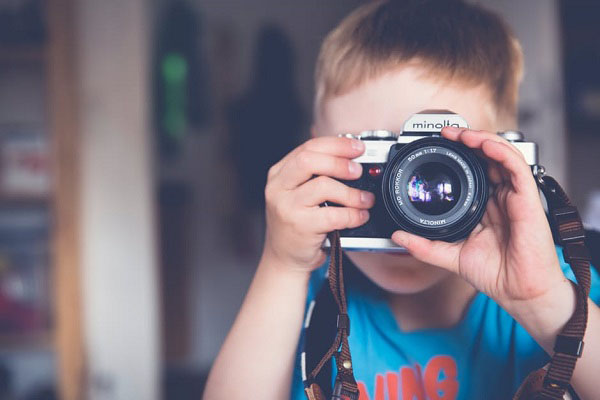0
Child Observations

Observations in the early years enables effective planning so every child can make progress. Explore the observation cycle and different types of observations. Learn about the components of an effective observation, rules relating to privacy and confidentiality, and how observations can be used to decide on, and plan for, the next developmental milestone.
This course is appropriate for childcare practitioners working in a range of settings.
Learning outcomes
- You will learn that all children have unique qualities and needs
- You will learn that it is important to seek permission before doing observations and there are many factors to take into account when doing observations
- You will learn that there are two types of assessment – formative and summative
Advantages of this course
- This course looks at how much information can be gleaned from observing children when looking at their stage of development and their developmental needs. Children are unique and each one develops in a different way; observation enables effective planning so they can make progress. Observation takes place to:
- see if a child is making progress
- check a child’s overall development
- learn more about a child’s particular needs
- resolve a particular problem
- evaluate activities, routines or strategies used with children
- inform planning
- report to parents
- Factsheets are included on methods of observation, as well as links to information on the development stages of children from birth to 60 months, and the Early Years Foundation Stage
- Additional activities encourage you to reflect on your learning
- There is also suggested extended reading that gives both practical information and links to websites to expand knowledge
Price: £24.99